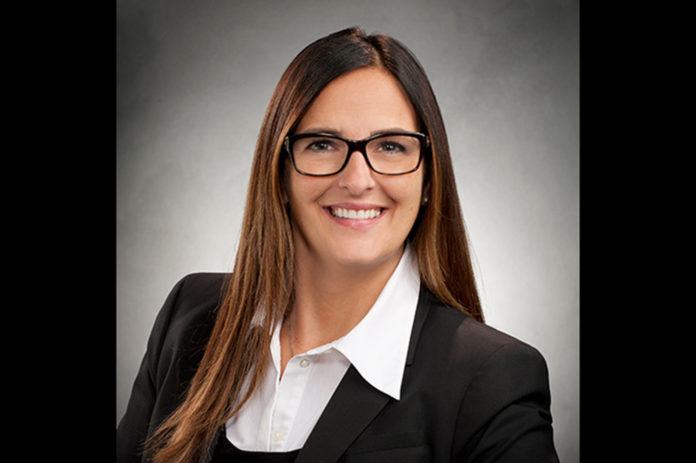
Saskatchewan’s advocate for children and youth says it’s imperative to develop a child-centred strategy to protect children’s health and well-being.
Child and youth advocate Lisa Broda made the comments following the release of her 2019 annual report on the state of Saskatchewan’s children. Broda said positive developments over the past year have been wiped out by digressions in other areas. She views a new provincial charter or strategy as a way to provide better service, and improve child health and education.
“When we see our numbers increase with children in care and we see that there’s still some of the same age-old issues that children are facing and young people are facing as they transition into their adulthood, then we need to do a better job of thinking about how to streamline better,” Broda said. “We need to look, not just at all the strategies, but at a collective, something, for children, whatever that looks like.”
Mental and physical health continues to be the primary concern for Saskatchewan children. The report shows a jump in child deaths from 20 in 2018 to 34 in 2019, and Broda outlined serious concerns that Indigenous children on reserve were not receiving mental health supports in a timely manner, if at all.
Of the 34 children who died last year, 24 were Indigenous, while 28 of the 33 recorded critical injuries involved Indigenous children.
Suicide, suicide attempts, and self-harm also continue to be major concerns. Seven of the 34 child deaths were ruled as suicides. There are 12 cases where the cause of death was undetermined or not available.
The province made inroads through youth-lead events like the ‘Now in My Day’ mental health conference, which was attended by more than 250 government administrators, policymakers, band officials, philanthropists and business owners. Broda said the meeting helped leaders understand some of the challenges young people face and led to 24 calls to action attendees could look to when creating programs for their communities.
“We know that there have been some long-standing gaps across the province with respect to services and what they can obtain—waitlists and things like that,” she explained. “That’s been a long-standing issue by the way, not just in the last year. In years past other advocates have actually spoken about that, so I think having that opportunity to talk and have a voice about that was a huge part of the front end of our year.”
Broda also commended the Ministry of Corrections and Policing for its sincere effort to create a Critical Injury and Death Work Plan, which is designed to help employees protect youth from suicide and self-harm.
Broda said she’s satisfied community leaders and government officials take the issue seriously, and emphasized that different communities with different challenges require different responses. Still, she said a provincial plan would help improve service delivery and communication.
Almost half of the children who died in 2019 were under the age of six. Broda wrote that it’s still unclear exactly why some of those children died, but unsafe sleeping practices were “a persistent concern.”
Local youth advocates and program operators echoed Broda’s concerns about mental health and programming when contacted on Wednesday.
They say Prince Albert youth face a variety of challenges, but many suffer from a lack of love and self-esteem, which creates a host of problems.
“A lot of times they just don’t see the value and worth that they have, no matter what age they’re at, no matter what social or economic status,” said Bryan T. X. LeBlanc, the CEO of Prince Albert-based non-profit House of the Potter Youth Engagement. “We take the time to try and instill in them that they’re valuable, they have that value and worth…. I think a lot of them are lacking that vision, meaning and purpose. They’re searching.”
LeBlanc said youth organizations are always struggling to find funding to help meet those needs, but families are his primary concern. Too many of them fall through the cracks without adequate supports, whether it’s education, job training or mental health services, he explained. That makes it difficult to create a lasting positive change.
“One thing we realized working with youth is we can spend a day with them, we can spend a week or a year with them, but they go home to the same situation,” he said. “Being able to address issues with the youth means being able to address the issues with the families.”
Despite those concerns, LeBlanc said he’s noticing positive changes in Prince Albert’s youth. He emphasized that mental health is one of many challenges in the community, and while improvements aren’t quick or easy, they are happening.
“We’re getting there,” he said. “We’re not there yet, but we’re getting there. It’s going to take everybody in the community to pull the youth up.”
The Saskatchewan Advocate for Children and Youth is an independent officer of the Saskatchewan legislature.

